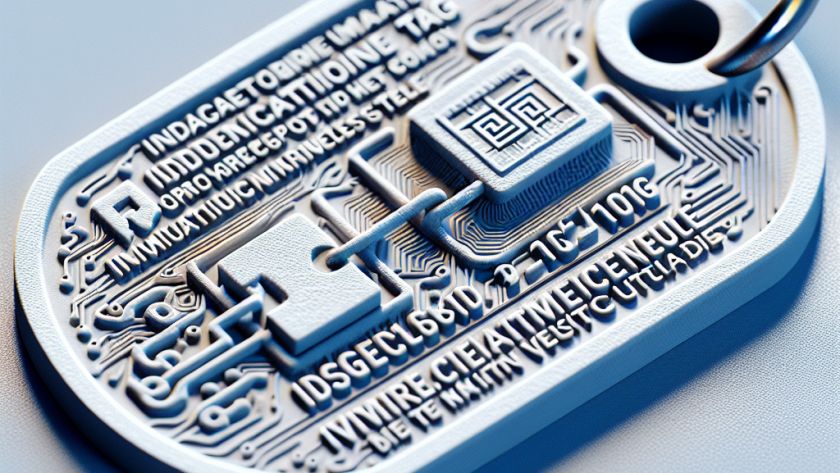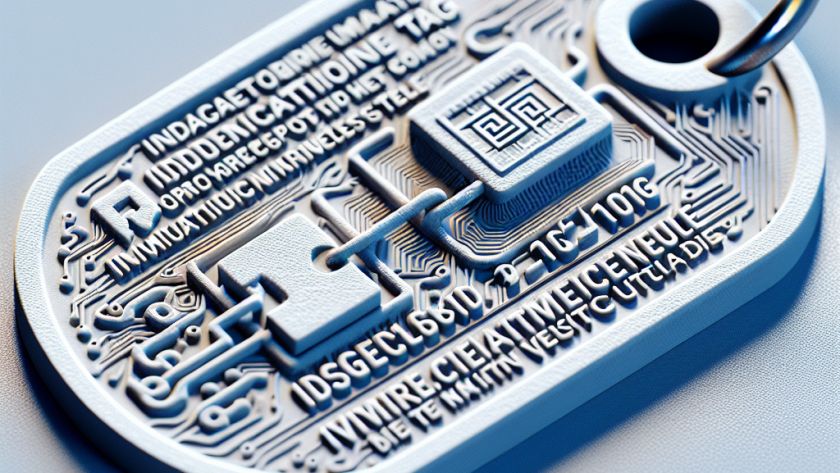Artificial Intelligence, Computer chips, Computer science and technology, Electrical Engineering & Computer Science (eecs), Electronics, Internet of things, Machine learning, MIT Schwarzman College of Computing, National Science Foundation (NSF), Research, Research Laboratory of Electronics, School of Engineering, Sensors, Supply chains, UncategorizedMay 30, 2024223Views0Likes MIT researchers have created a microscopic, low-cost cryptographic ID tag, designed to protect products from counterfeiting by providing improved security compared to traditional radio frequency tags (RFIDs). The technology, developed using terahertz waves, can offer a highly secure, low-cost, and easy-to-implement solution in preventing tampering and ensuring product authenticity.
RFID tags typically use radio waves to…
Read More



